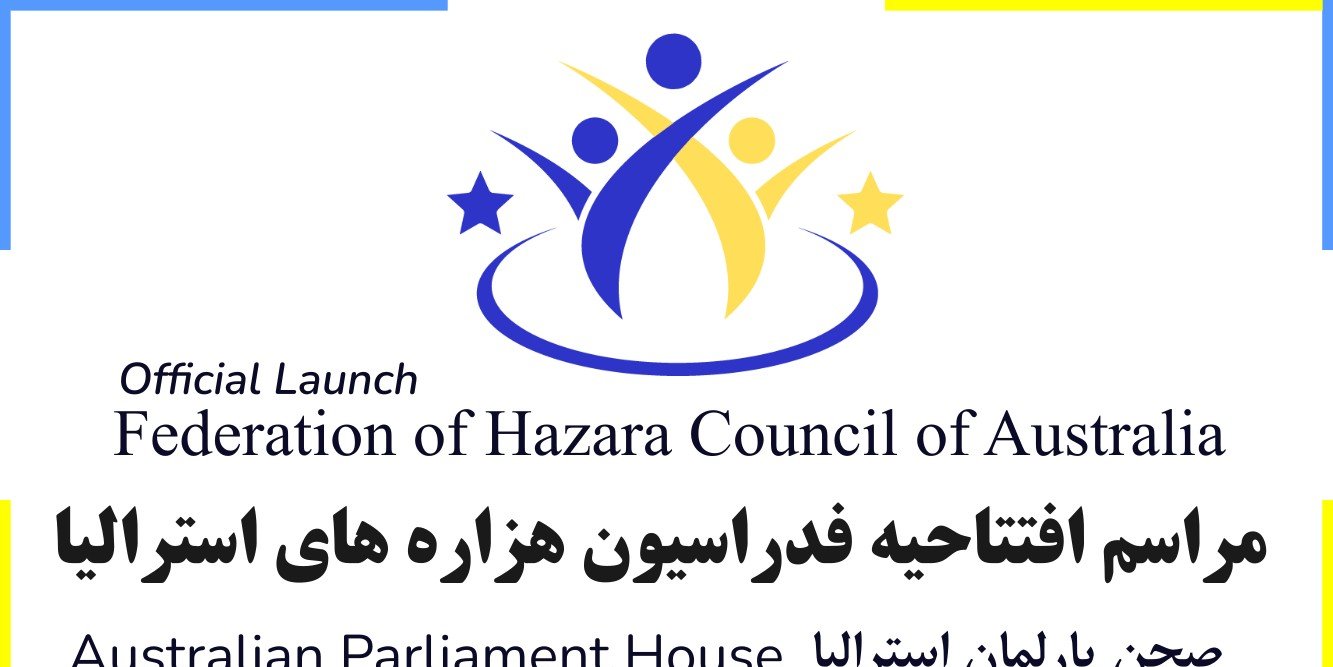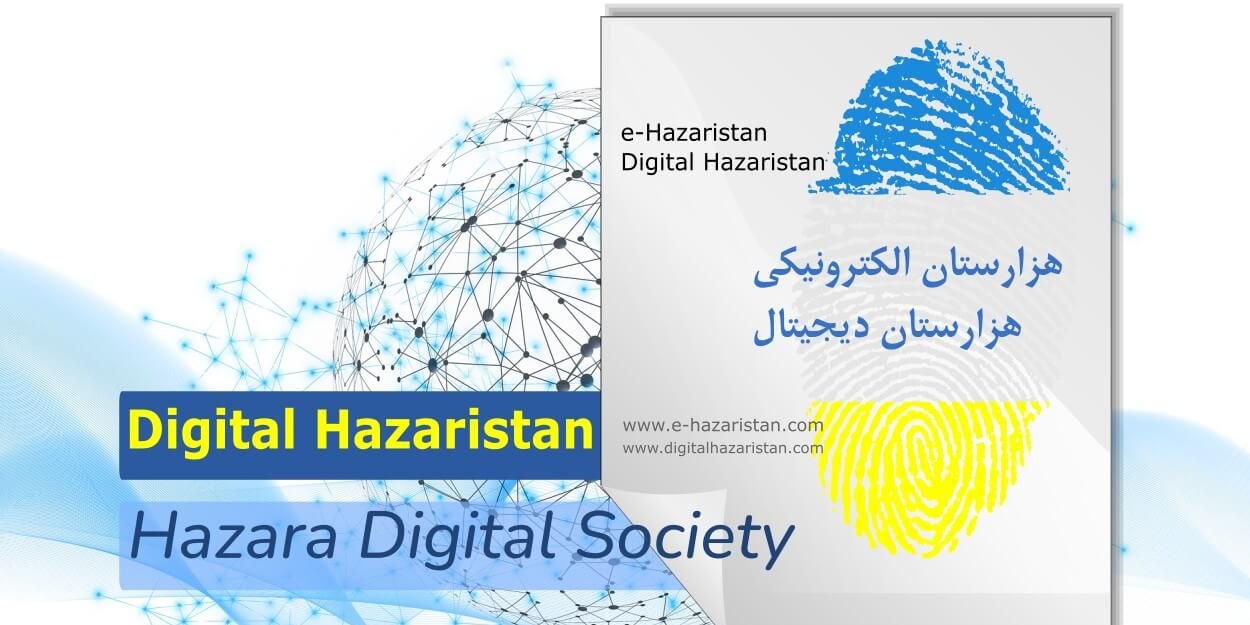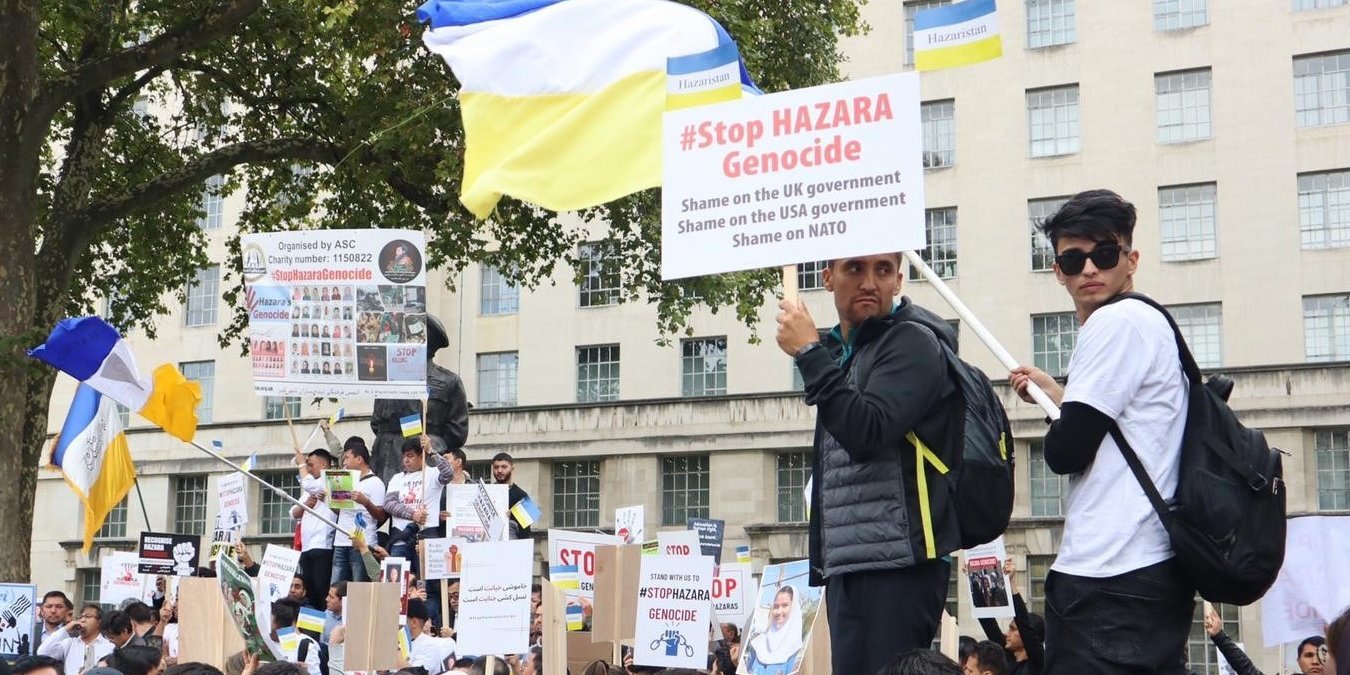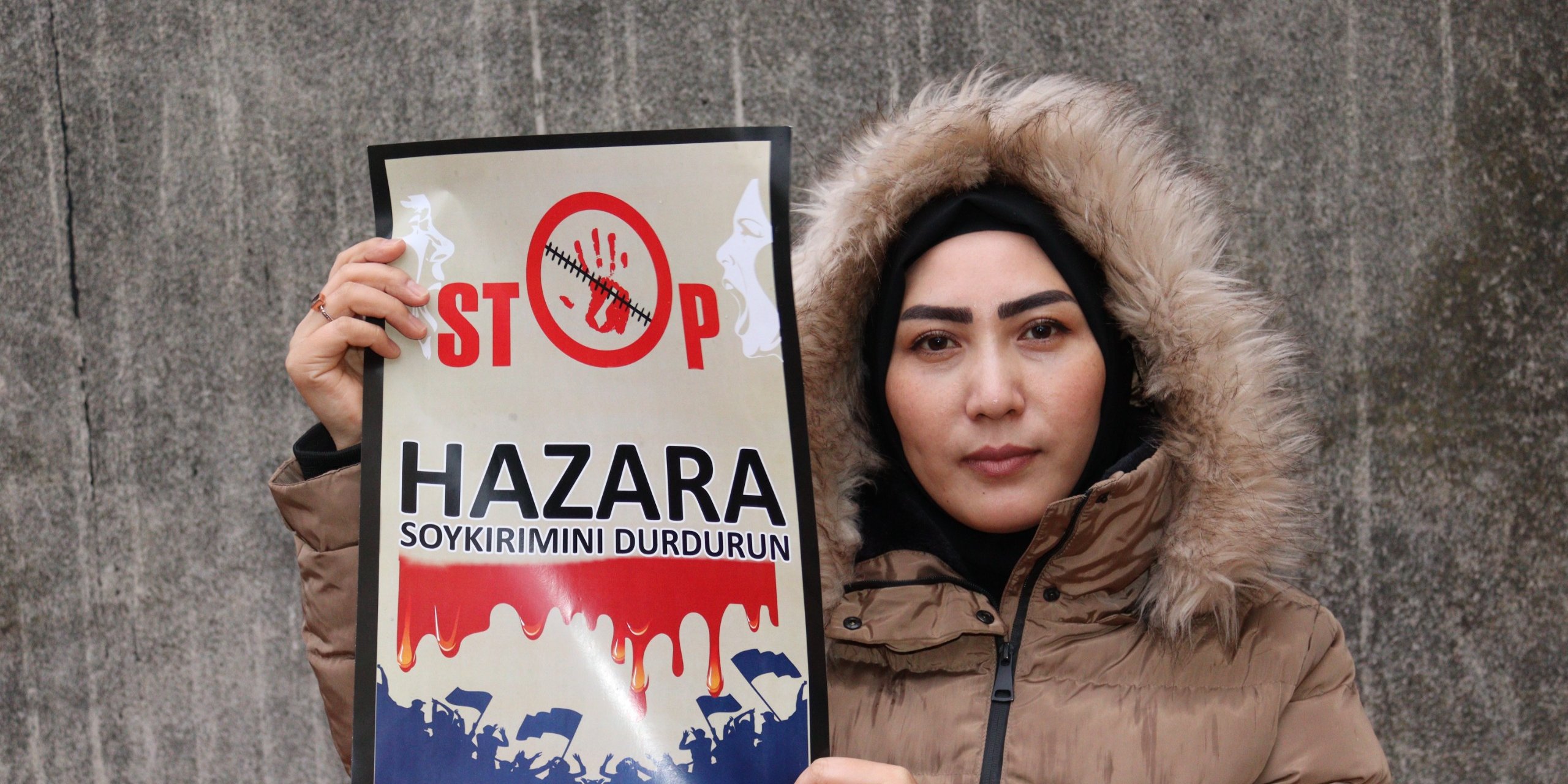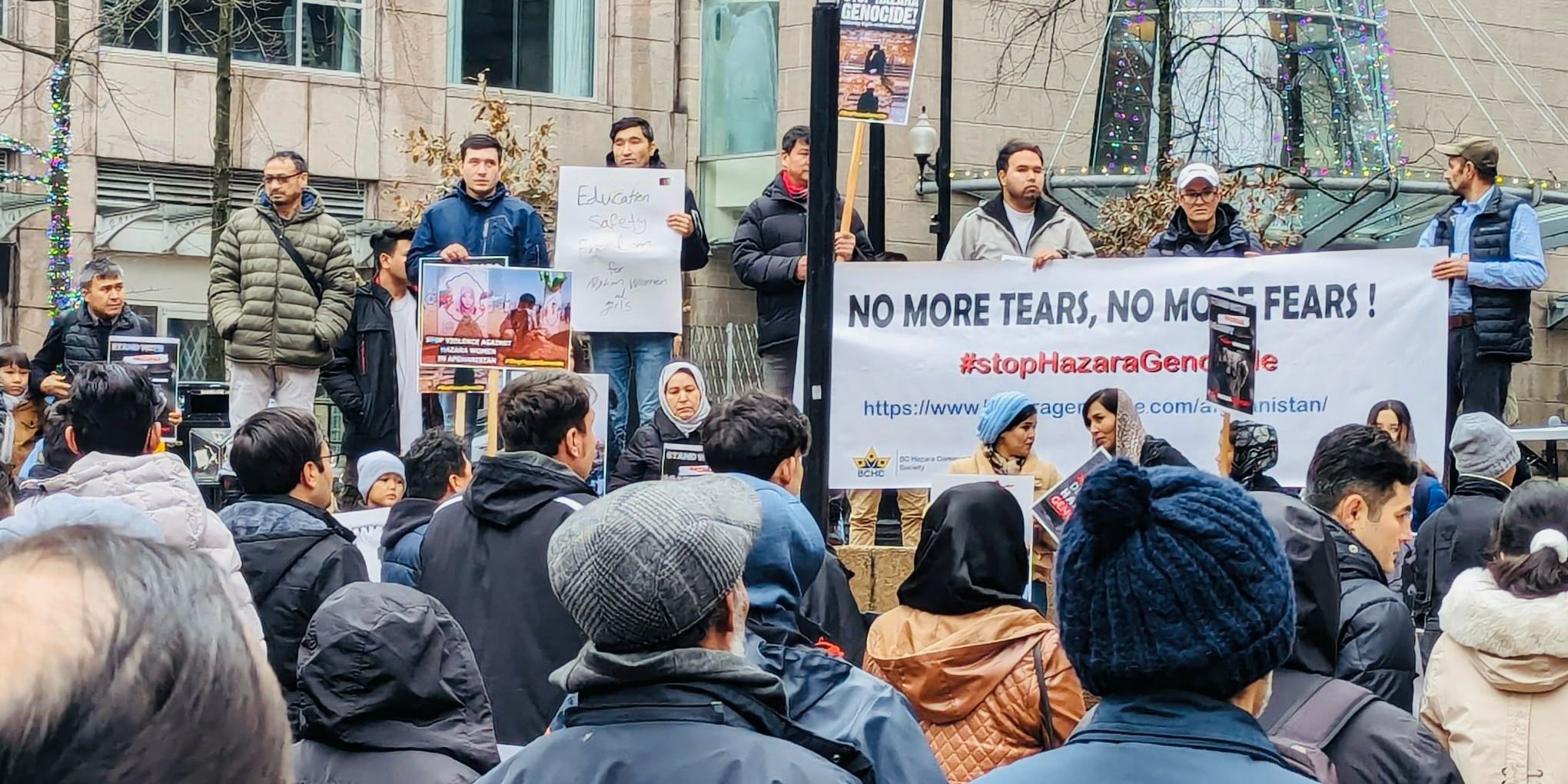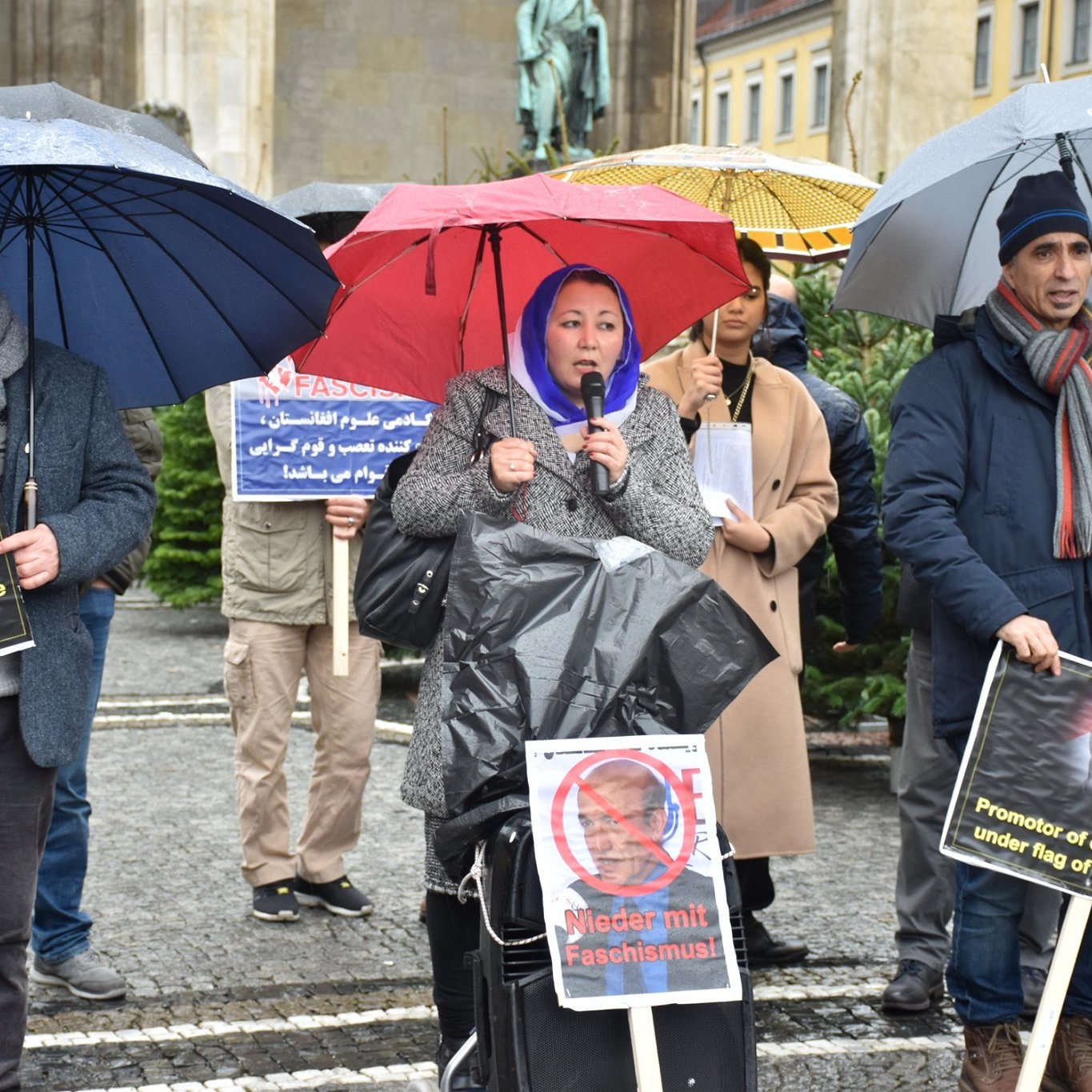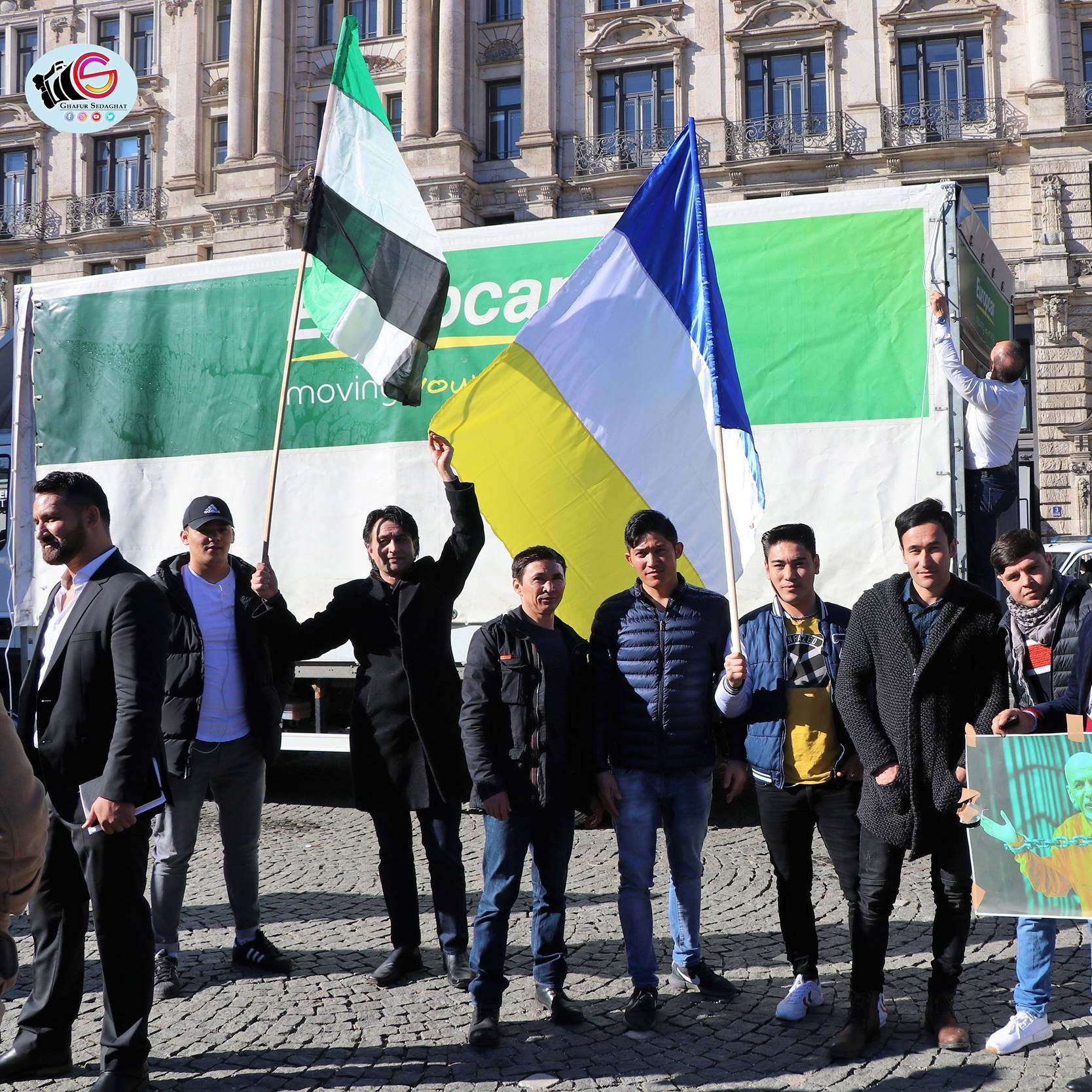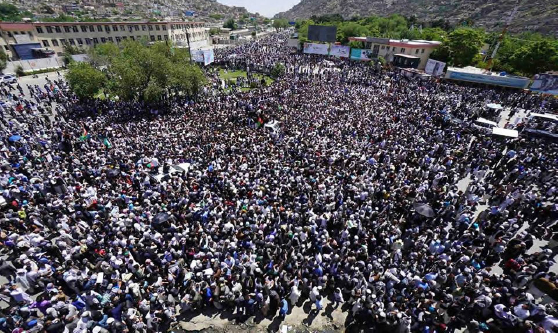
Pakistan to Pakenham
Reading time: (Number of words: )
From death threats to a new home to the United Nations, knowledge has shaped Zakia Baig’s life. She spoke to CASEY NEILL about its value.
“We could not stay in our country, in our home. It wasn’t safe.”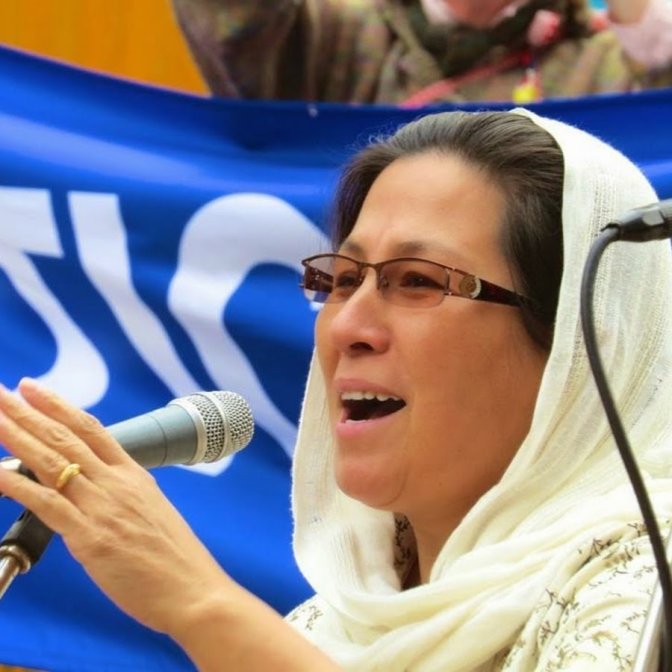
ZAKIA Baig’s dedication to education forced her to flee her home in Pakistan.
But it also secured a new life for her family in Pakenham, and allows Zakia to help members of her persecuted Hazara community find their feet in Australia.
The 50-year-old in 2006 received death threats for daring to empower women through English and computer skills.
“We have to stand up,” she said.
“Knowledge is like a light. If we don’t have knowledge, we are blind.”
Zakia’s passion for women’s rights first emerged in 1982, when she started a girls’ section in the Student Federation of Hazaras with just four members.
“No girls were allowed to go and sit near the boys and talk over issues,” she said.
“They always go separate in our culture. Now it’s getting better.”
She started a women’s organisation within the ethnic and religious minority Hazara community 10 years later.
“I was happy that everybody from my circle, from my family, supported me – especially my husband, my father, my brother,” she said.
“They were contributors to that empowerment. Without them it was not possible.
“After that, slowly in our community women joined me.”
Zakia opened an empowerment centre for women in 2003 in response to growing poverty stemming from killings of Hazara men.
“Women had no-one to run the family,” she said.
“I tried to help them, because the women started to beg for money.
“We had 200 boys, girls and women coming to the centre and the centre had 12 rooms.”
But after three years, police advised Zakia that there were threats against her life.
They offered security for the centre but Zakia knew their presence would deter students.
So she made the decision to close up and flee.
“We could not stay in our country, in our home,” she said.
“It wasn’t safe.”
It was education that allowed her to secure a new home.
She enrolled in a hospitality management diploma course at Richmond’s Australian Institute of Trades (AIT) in 2006.
“I had finished my education at 22. After 20 years I started again,” she said.
“I did have a bachelor’s degree in political science and English literature but it was 20 years back so refreshing that was very hard.
“I just closed the doors and sat at home and studied. All the household chores were up to my husband.”
Zakia was 42 when she flew to Australia, settled in Dandenong and enrolled her children in school.
They joined her on student visas six months after her arrival.
“My husband was in Pakistan. He remained there for six years alone,” she said.
“He had to finance us, send money. He had a good business over there, an established life.”
Zakia and her children were granted permanent residency in 2012.
“It was like there was a mountain over your head and shoulders and then suddenly it gets off and you feel free,” she said.
“Now you’re a permanent resident in a safe country.
“This is a country where you can breathe freely – no tension, nothing.
“No fear of any discrimination. There’s no fear that you are a woman so you can’t go out without a man.
“I was very, very relieved and full of energy for my children, full of dreams for my future.”
Her husband reunited with them in late 2012.
“He came as a visitor and applied for refugee status. He got that,” she said.
“But my brother came as a refugee by boat. It was horrible for us.
“We do have dark memories.
“There is no quick solution for migrating to a safe country for Hazaras.”
To help those who did make it to Australia, Zakia established the Australia Hazara Women’s Friendship Network in Dandenong.
Two years ago she won a trip to Canberra to meet then Prime Minister Julia Gillard, and told her she wanted to work for women. The group followed.
“I want to show people that these women coming from other countries, refugees, they can be integrated into the mainstream,” she said.
“They can be educated. They can be given opportunities.”
The network offers English, computer and learner’s permit classes, plus information sessions to link women with other services.
“I’m showing the community that a Hazara woman is as capable of doing things as any other woman,” she said.
“Refugees coming from other countries, they are not waste material.
“They can be useful, but it takes time and resources and work.
“They never get their potential because of cultural differences, because of low self-esteem in the new country.
“This is our organisation’s aim – to bridge Hazara women and other women, and to showcase their abilities and capabilities.”
Zakia was last year looking for a way to share her people’s pain following a visit to Pakistan, when a friend suggested the United Nations’ Office of the High Commissioner for Human Rights (OHCHR) Minorities Fellowship Program.
Zakia was among 14 people from around the world selected to spend five weeks in Geneva, Switzerland, studying, listening, writing and making presentations.
“We learned about human rights, about the mechanisms of the UN,” she said.
“We have to send our messages, our voice into the machinery. We can’t just shout outside the door. “They will not be heard.
“It was worth doing that because at the end we were different people. Really.
“Our eyes and minds were able to look out of the circle, out of the walls we used to live in.”
She plans to use the connections she’s fostered to help the Hazaras and other minorities.
“I have seen people worse than Hazaras,” she said.
“In this modern world, in countries like Eritrea and other countries, they have slavery.”
Zakia’s children, now aged 23 and 22, have flourished in their new home.
“My daughter has just finished graduation in psychophysiology,” she said.
“My son is doing business, first year uni. He has good tradesman hands. Hopefully he gets his study done and he can start a business with his skills.”
Her husband has completed a Certificate IV in Travel and Tourism to start his own ticketing business.
“He says he is now old so nobody is going to give him a job,” she laughed.
“He used to do the business of coal mining in Pakistan. It was a very well-established business.
“We had to sell it and bring the money here and build our own home.”

View online : http://www.hazarapeople.com/20...



